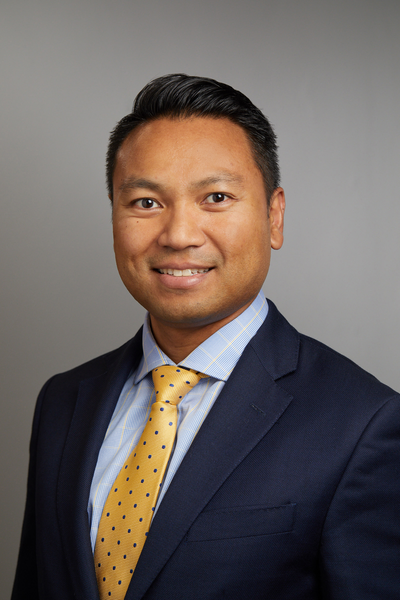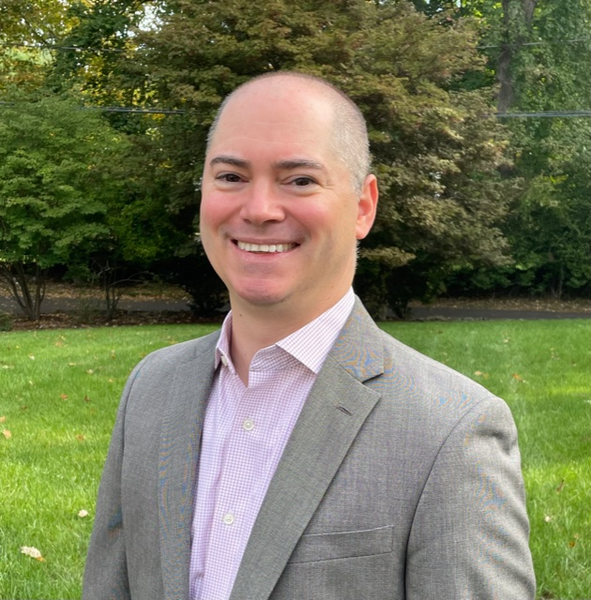ATD Blog
Change Management in Healthcare: Q&A With Ryan Kane and Yon Sugiharto
Tue Dec 07 2021

The ATD Talent Development and Training in Healthcare Handbook (ATD Press, November 2021) addresses the many opportunities and challenges TD professionals face in the growing and rapidly changing healthcare space. Effective talent development is the thread that weaves through an entire healthcare organization to ensure it is up to standard with the latest practices in treating patients while providing a safe and engaging environment for staff. TD professionals have the unique role of tying together organizational and employee advancement in healthcare systems—and likewise, this handbook dives into areas for both business and professional evolution.
Written by 25 fellow healthcare practitioners with extensive experience in the field—from nurses, physicians, and administrators to instructional designers, chief learning officers, technology experts, and leaders across the industry, it covers six key themes across 26 chapters:
Learning and Development Basics
Organization Development
Employee Development
Business Acumen for the Health System
Digital Transformation and Literacy
Patient-Centric Care
Ryan Kane is associate director of talent management and organizational development with HelloFresh. Yon Sugiharto is director of learning and development for Yale Medicine, the physician specialty practice of Yale University’s School of Medicine. They collaborated on the “Change Management” chapter of the ATD Talent Development and Training in Healthcare Handbook. In this spotlight Q&A, learn more about their careers and contribution to the book.

How have your experience(s) shaped the best practices you shared in your chapter?
Sugiharto: Healthcare constantly evolves with changing, increasing, and competing priorities. The COVID-19 pandemic is a primary example of how we needed to pivot our talent development priorities in preparation for our human capital to face the challenges before them. In four weeks, more than 80 percent of learning programs, OD interventions, and coaching had to be converted into an asynchronous or synchronous remote learning format or be put on hold so healthcare workers could provide patient care. Our talent development professionals had to learn how to facilitate highly complex classroom-based group work to an online format. Our learners had to learn how to use communication tools like Zoom and NovoEd to participate in their learning and coaching conversations.

Kane: I drew on my experiences early in my career when I had little or no formal training in change management and thought about what would have been helpful to me back then.
With ongoing shifts in trends and priorities, how do you foresee advancement of change management within healthcare? For example, in an ideal world, how do you see this area flourishing for employee or organization development?
Kane: As telehealth options continue to grow and impact the landscape of healthcare, I see change management playing a crucial role in its adoption and success in the future.
Sugiharto: As healthcare organizations shift into a post-pandemic culture, it will be more important to rely on change management efforts to lead its talent to build and adapt to the new norm. Many organizations are going to continue their remote or hybrid work environment. To sustain these new ways of working, change management efforts will need to focus on operational preparedness and help by building a roadmap to ensure the human capital can navigate its way to meet the organizational mission and core priorities related to patient care. In addition to providing advisory thought leadership, change agents and change facilitators will need to execute the development of tools, strategic plans, policies, and standard operating procedures, which will be required to ensure its talent is engaged and can embrace the changes before them.
What is something unexpected you learned or encountered while working on this book?
Kane: The fellowship that developed among all the chapter authors. The experience was energizing.
Sugiharto: In healthcare, numerous informal change management approaches of various sizes and complexity are used today to support its human capital. The formal change management structures and case scenarios in this book should help organizations accelerate their planning to strategize timeframes and inspire employees for a greater breadth of outcomes by applying the tools and instruments provided.
Is there something you are proud of accomplishing in the past year (professionally or personally)?
Sugiharto: I am proud of leading a stellar talent development team to continue to create new programs through the COVID-19 pandemic while ensuring my organization’s human capital stays engaged with its learning culture and knowledge growth. I did all this while fostering a sense of work-life balance and compassion.
Kane: My family and I moved into a new house.
What is a fun fact about yourself or one sentence of advice you’d like to share?
Kane: Fun fact: I am a huge Boston Red Sox fan and was at Fenway Park when the team won the World Series in 2013.
Sugiharto: At the height of the pandemic, since movie theaters were closed and I had exhausted almost all movies available on my streaming device, I rewatched the entire Game of Thrones, Community, Frasier, and Who’s the Boss television series.
